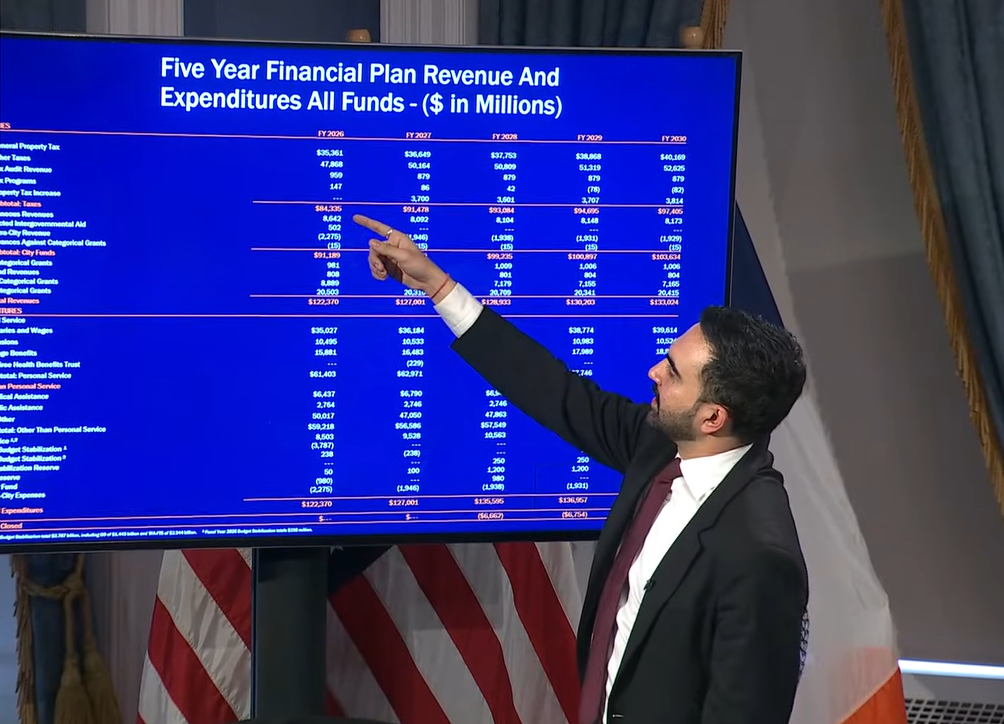Before student athletes begin celebrating the recent decision by the National Labor Relations Board (NLRB) that college football players should be classified as university employees, they might consider this extra point: Players could be hit with an unexpected tax bill on their scholarships.
In the March 26 decision, Peter Sung Ohr, regional NLRB director, stated that the scholarships granted to the football players at Northwestern University are “compensation” for athletic services performed “The players spend 50 to 60 hours per week on their football duties during a one-month training camp prior to the start of the academic year and an additional 40 to 50 hours per week on those duties during the three- or four-month football season,” wrote Ohr. “Not only is this more hours than many undisputed full-time employees work at their jobs, it is also many more hours than the players spend on their studies.”
The NU athletes, who petitioned the NRLB for this outcome, now have the go-ahead to organize a union. Undoubtedly, the ruling will spur action at other college campuses around the country, although the university has already said it plans to appeal.
Even if Northwestern losses its appeal at the NLRB, it will likely take up the cause in the federal court system. It could take years –maybe even as long as a decade — for the issue to be resolved. In the meantime, the decision raises an interesting question: If college athletes are treated as employees, does that mean they must pay income tax on their scholarships? There’s no clear-cut answer.
According to Section 117 of the tax code, scholarships are generally exempt from federal income tax if the recipient is pursuing a college degree. However, the tax exclusion doesn’t extend to amounts paid for services that are required as a condition for receiving the scholarship. In the past, the IRS hasn’t distinguished between athletic and academic scholarships for this purpose.
Furthermore, a landmark case in this area, albeit almost a half century old, seems to portend that athletic scholarships would be taxable if students are treated as employees. Facts: A worker at Westinghouse received a scholarship so he could attain his doctorate, subject to the understanding that he would return to the company upon completion of the degree. The IRS treated the scholarship as taxable compensation for services provided to Westinghouse. Subsequently, the U.S. Supreme Court sided with the IRS, although other factors cloud the current-day outlook (Bingler v. Johnson, 394 U.S. 741, 1969).
Dee DeScherer, a nationally known author on tax-related matters and president of Editorial Resource Group, a Ft. Lee, NJ-based publisher of tax information, is an impartial voice without an axe to grind. She believes that the decision exposes student athletes to the threat of tax liability although it’s certainly not a done deal. “The ruling went off on the common law test of what an employee is. Assuming the common law test applies, the potential tax implications are significant,” says DeScherer. She expressed the opinion that many of the NU athletes who signed the petition didn’t know or completely recognize all the consequences. “Be careful what you wish for…” she warned.
DeScherer also advises that the ruling could have implications far beyond taxes, citing a broad range of issues such as minimum wage requirements, entitlement programs, and the entire spectrum of discrimination laws.
What is the tax impact? Currently, the cost of attending Northwestern — including tuition, room and board – runs roughly $60,000 a year. Absent any other taxable income, a NU football player benefitting from a full scholarship would have to cough up $10,856 for one year under 2014 rates. The total tab over four years, ignoring other related aspects like state income taxes, comes to $43,424 (4 x $10,856).
Not many students, even those with professional aspirations, could afford that tax hit. If the ruling is allowed to stand, colleges might be inclined to “gross up” scholarships, effectively paying the tax liability for its athletes. And the extra money would have to be squeezed out of the budget somewhere to the detriment of other collegiate activities.
According to the Department of Education, there are more than 140,000 Division 1 athletes throughout the country. Collectively, they are awarded more than $2 billion in scholarships each year. Therefore, the tax stakes in this matter are enormous. The IRS has yet to comment on the tax implications of the NLRB ruling, but it would be hard to imagine the agency turning its back on this revenue windfall. Unless Congress steps in to address the matter, the “game” will likely keep tax fans on the edge of their seats while it plays out.
Thanks for reading CPA Practice Advisor!
Subscribe Already registered? Log In
Need more information? Read the FAQs
Tags: Accounting, Firm Management, Income Taxes





